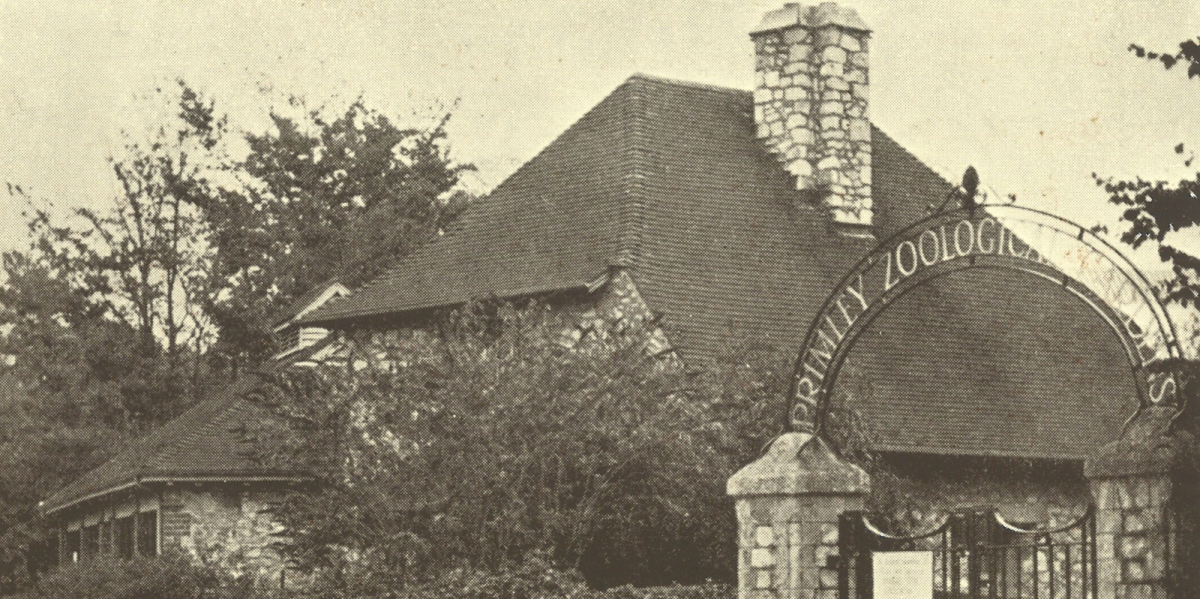
Professor Paolo Taticchi has authored seven new case studies that will be now used in his classes at UCL School of Management, and globally by fellow scholars.
The cases studies were co-authored with Melina Corvaglia, a Research Assistant at UCL School of Management, where she supports various projects focused on business strategy and sustainability, including case studies and white papers.
All case studoies can be accessed in full by contacting Paolo Taticchi to request these.
Vaculug: Europe’s largest independent retreader puts sustainability in motion
The case study “Vaculug: Europe’s largest independent retreader puts sustainability in motion” focuses on Haarjeev Kandhari’s leadership as the chairman of Vaculug, Europe’s largest independent retreading enterprise. Born in India, Haarjeev grew up being surrounded by a family business that was in the tyre industry for four generations. After studying internationally and being involved in several different successful ventures and in 2018 he acquired Vaculug. Haarjeev decided to devote himself and his business activities to make the world a better place.
This case study study examines his purpose-driven decision to acquire the business with the goal of growing its size and profitability to support the his charitable foundation, Zenises Foundation’s mission of providing education and food security to those in need. It also delves into the challenges and uncertainties faced by Haarjeev as he considers transitioning Vaculug towards sustainability during a complex economic period for SMEs.

Velasca: A fashion brand competing in a red ocean
The case study “Velasca - A fashion brand competing in a red ocean” revolves around Velasca, an Italian footwear company that started as an e-commerce business for high-end men’s shoes and expanded rapidly with venture capital investments. The founders approached a pivotal moment as they present their three year strategy, which included expanding into high-end apparel and exploring new international markets, but they received a lukewarm response from investors. This lead to questions about the company’s direction and the founders’ decision to seek a third-party perspective from a consultant to navigate the complexities of managing Velasca’s growth.

GHD: Sustaining an accelerated growth strategy
The case study “GHD: Sustaining an accelerated growth strategy” revolves around GHD, a multinational hairstyling company that initially focused on a business-to-business (B2B) model targeting salons but later shifted to a direct-to-consumer (D2C) approach in 2017. The company’s growth led to the inclusion of Amazon as a retail and marketing platform, presenting both risks and growth opportunities. With GHD at a significant stage of growth by the end of 2022, the case study explores the decision-making process faced by Stefano Filipazzi, GHD Italy’s Managing Director, as he contemplates options such as expanding into new markets, investing in retail locations, or pursuing a targeted B2C and digital strategy to navigate the competitive premium hairstyling market.

The Wild Planet Trust: The sustainable transformation of a 100-year-old start-up (A)
In this two part case study, Part A “The Wild Planet Trust: The sustainable transformation of a 100-year -old start-up” focuses on how in 2021, nearly 100 years after the Trust opened its doors, the business was in decline, and significant transformation was needed to survive the next 100 years. In 2021, the Trustees appointed Dennis Flynn as the Wild Planet Trust’s CEO to lead this vital transformation. Dennis was tasked with restructuring the organisation and designing a new and diversified business model that would position the Trust on a path toward a long and sustainable future.
Following a long history rooted in wildlife conservation and education the centenary year marked the perfect time for Wild Planet Trust to reflect on its incredible history, it also provided an opportunity to transform and look forward to the next 100 years.

The Wild Planet Trust: The challenge of implementing a new business model for a 100-year-old business (B)
Part B of this exciting case study “The Wild Planet Trust: The challenge of implementing a new business model for a 100-year old business” focuses on the growth strategies and opportunities identified in the Wild Planet Trust’s new business model. It also delves into various collaborations the Trust had fostered over the years, underscoring the importance of strategic partnerships on this journey. Reinforcing the need for partnerships that support conservation efforts, this case study also sheds light on the interconnectivity between biodiversity loss, climate change, and human activities. By working together, organisations can undoubtedly accelerate efforts to protect the beautiful biodiversity of this planet.

Flavio Briatore’s brainchildren and the evolution of an international luxury operator: The Majestas Brands
This case study “Flavio Briatore’s brainchildren and the evolution of an international luxury operator: The Majestas Brands” explores the career of Flavio Briatore, celebrity entrepreneur and an icon in the of luxury and beauty industry. Flavio has had an exciting and diverse career excelling in the stockbroker market, as an entrepreneur and in the F1 space as a Team Principle. His latest ventures have seen him become one of the leading names in the nightlife and hospitality industry with his brand “Majestas”. This case study explores the growth strategies for the new brand and how to keep it sustainable and ensure its success is not tied to Flavio’s celebrity status.

TaTaTu: The world’s first social media platform that values and rewards its users
This case study “TaTaTu: The world’s first social media platform that values and rewards its users“ delves into the challenges and strategic decisions faced by TaTaTu. Founded in 2020 by Italian-Canadian film producer, investor, and entrepreneur Andrea Iervolino, TaTaTu emerged as a response to the prevailing challenge faced by social media networks - how to establish and sustain a profitable online platform. Despite being at an early start-up stage in 2022, the platform showed promising success. With plans for global expansion and exclusive experiences in major cities, Andrea faced the challenge of meeting investors’ expectations and driving rapid growth as a publicly listed company. The key to TaTaTu’s future lay in navigating the path towards its fullest potential while maintaining speed and momentum.

Veragon: Sustainable Technologies for Water and Agriculture
The case study “Veragon: Sustainable Technologies for Water and Agriculture” focuses on Veragon Technologies, founded by Alessio Lucattelli in 2014. It is a sustaintech company in Italy pioneering air-to-water technologies to combat global water scarcity. By 2023, the company has successfully provided clean drinking water in challenging locations worldwide, collaborating with governments, NGOs, and military organisations. Facing the need for external investments to scale, Alessio and his partner sought McKinsey’s guidance in navigating strategic challenges and opportunities. The case study explores Veragon’s journey, emphasising the challenges in educating stakeholders and attracting investors to address one of the world’s significant challenges.

These case studies follow previous works from Professor Paolo Taticchi. Read the studies from 2021 and 2022.